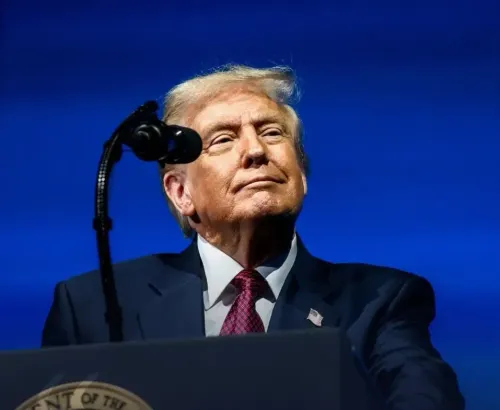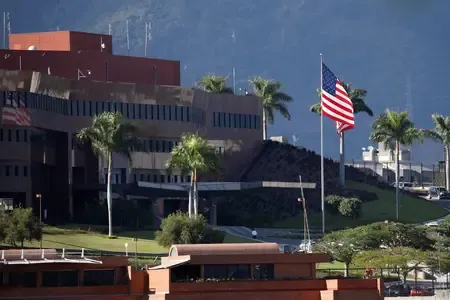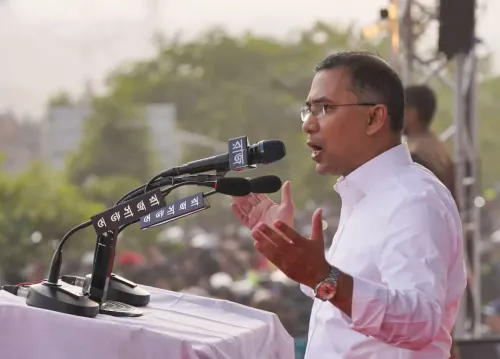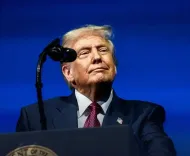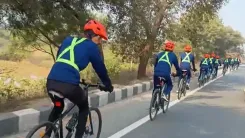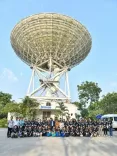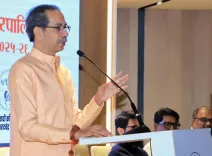Will South Korea's Police Maintain Zero-Tolerance for Violence During Ex-President's Arrest Warrant Hearing?
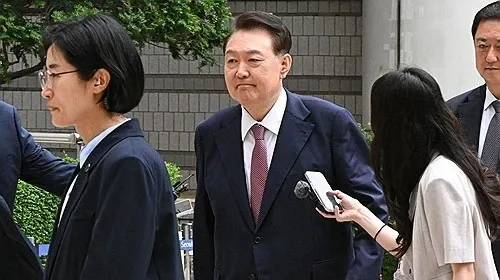
Synopsis
Key Takeaways
- Police commitment to a zero-tolerance policy against violence.
- Deployment of 2,000 officers and extensive safety measures.
- Yoon Suk Yeol's attendance at the hearing to present his case.
- Serious allegations surrounding his martial law declaration.
- The importance of maintaining public order in politically charged situations.
Seoul, July 8 (NationPress) On Tuesday, South Korea's Police declared a zero-tolerance stance towards violence as a pivotal hearing regarding the potential issuance of an arrest warrant for former President Yoon Suk Yeol, related to his attempts at martial law, is scheduled for later today.
The Seoul Metropolitan Police Agency issued this urgent warning ahead of the Seoul Central District Court's deliberation on the warrant concerning Yoon's unsuccessful martial law efforts from December.
The agency has plans to station approximately 2,000 police personnel and deploy around 350 pieces of equipment, including safety barriers, around the courthouse in southern Seoul until the warrant decision is announced.
The agency stated, "By mobilizing a sufficient number of police and equipment, we will ensure a stable situation and will respond sternly to any illegal violent actions with a zero-tolerance policy."
This announcement follows incidents where rioters infiltrated the Seoul Western District Court in January during a previous warrant issuance aimed at extending Yoon's detention, as reported by Yonhap news agency.
The police indicated that they would use pepper spray and other tools to counteract acts of violence and will arrest individuals engaged in these actions on-site.
Yoon plans to personally attend the hearing to present his defense before the court reaches its decision on the warrant later today or by the next morning.
Additionally, Yoon faces allegations of violating the rights of his Cabinet members by selectively inviting a few to a meeting prior to declaring martial law on December 3, and instructing aides to draft a second document to rectify legal flaws in the original declaration.
The special counsel team had interrogated the former president twice and submitted the request for an arrest warrant on Sunday, citing the severity of his alleged offenses and concerns regarding evidence tampering and potential flight, according to a copy of the warrant obtained by Yonhap.


